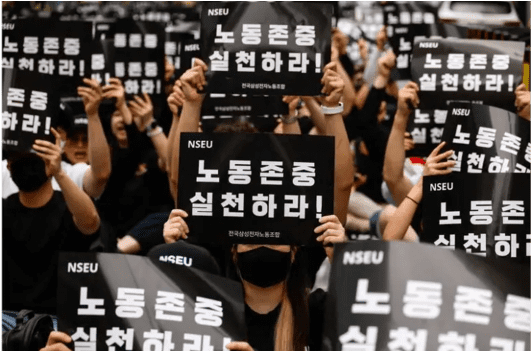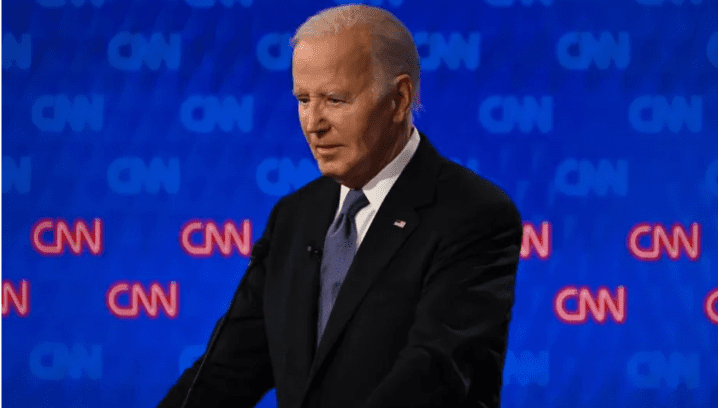
RS e-tron GT: Shares J1 platform with Porsche Taycan. The iconic closed hexagonal "big mouth" is quite a brand recognition, and the rear of the car uses a decorative design shaped like a diffuser. Although the difference between it and the regular e-tron GT is very limited, the "RS" nameplate on the rear of the car means that it is not an ordinary person, of course, low-key is also the style of AUD-Sport.
The center console continues the family design of the Audi brand, the lines are simple and refined, and the center control screen, the front air conditioning control panel and the function keys below are obviously tilted to the driver's side, echoing the product positioning of the driver's car. Sports seats, leather fabrics with red stitches, etc. appear in the configuration table of the car, rendering the interior sports atmosphere just right, and the overall beauty of the cabin has been affirmed by the reviewers. Although the official model of the cockpit chip selected by the car has not been announced, it has a high score in the evaluation items such as the cold start speed of the car, the start speed of the core application and the navigation search speed, which shows that the car performance is good. In addition, in terms of specifications and accuracy, the car received full marks in the touch accuracy and screen sharpness evaluation, and the daily high-frequency interaction experience is excellent. Of course, if you optimize the voice car control ability, its intelligent experience will be a higher level.




